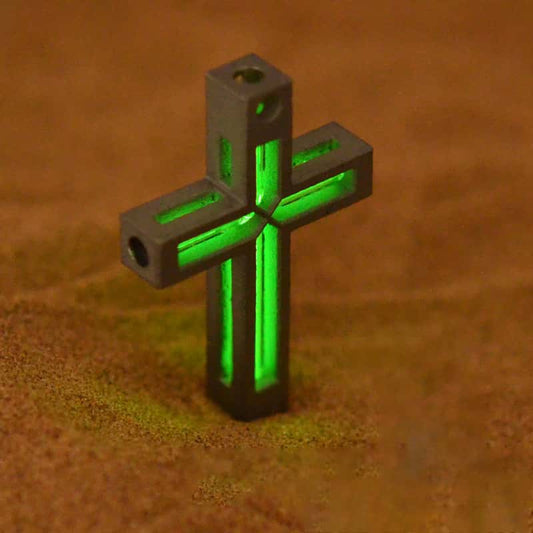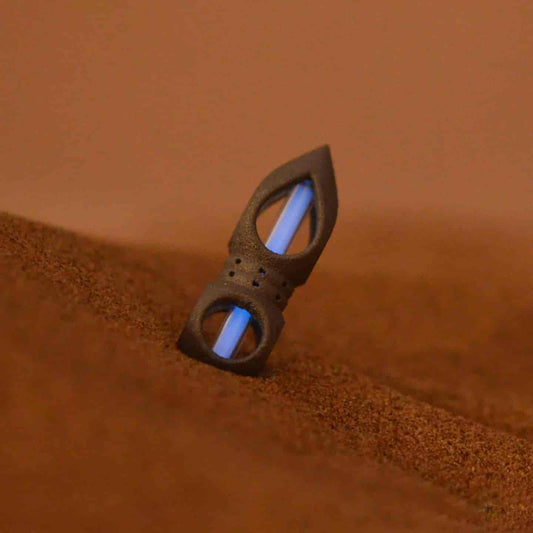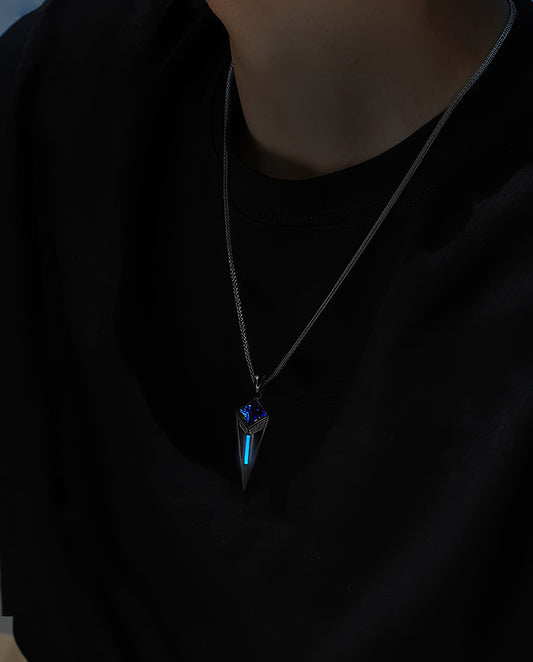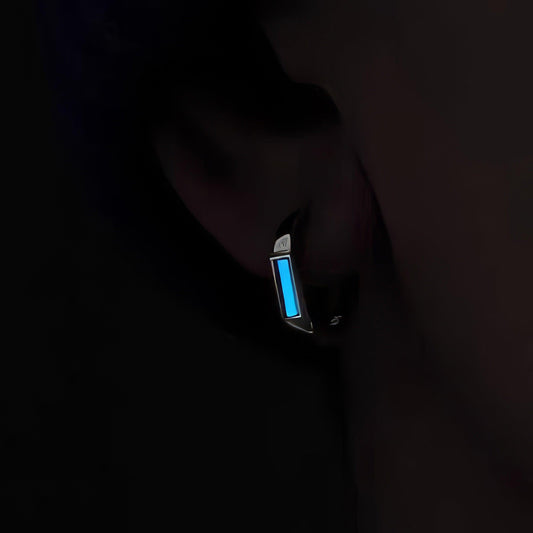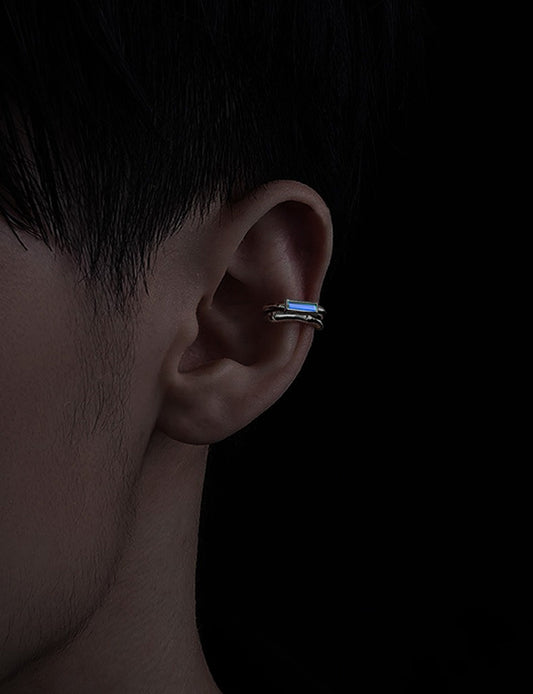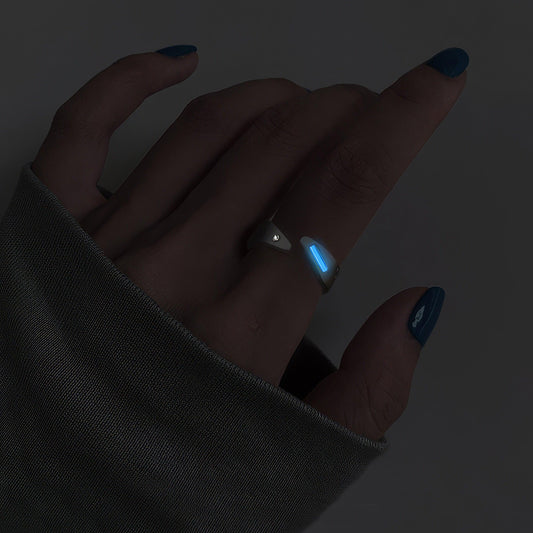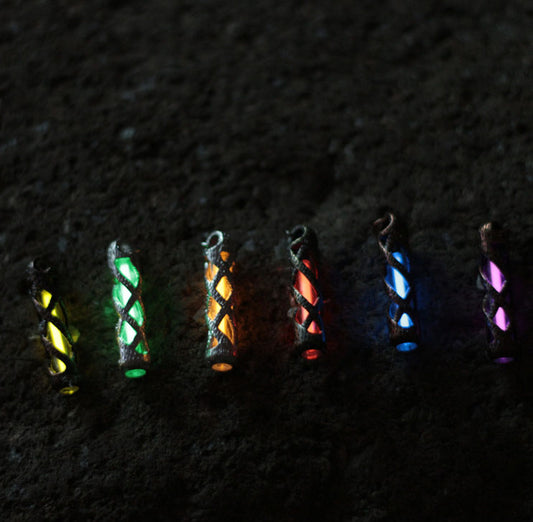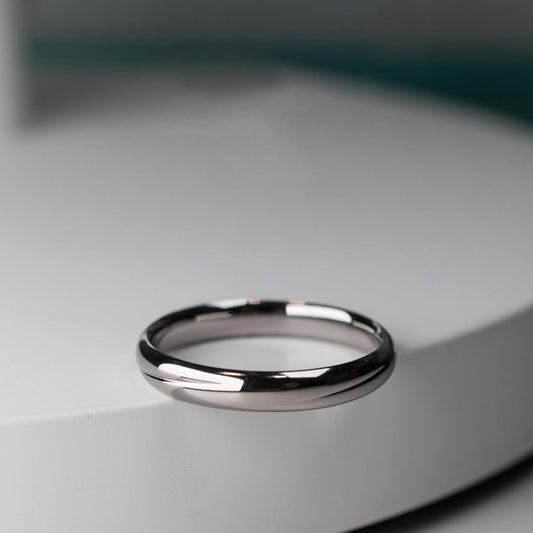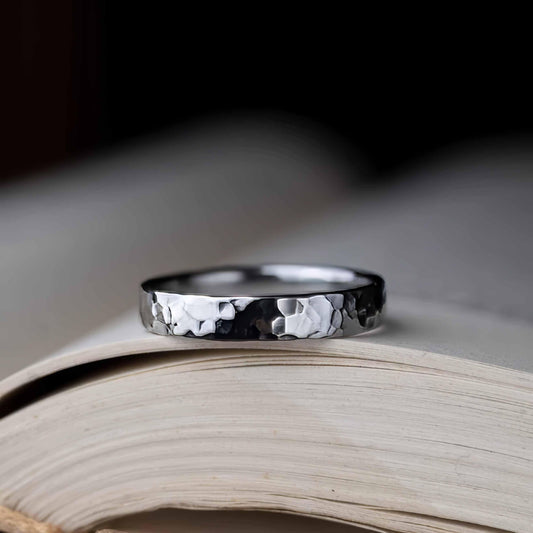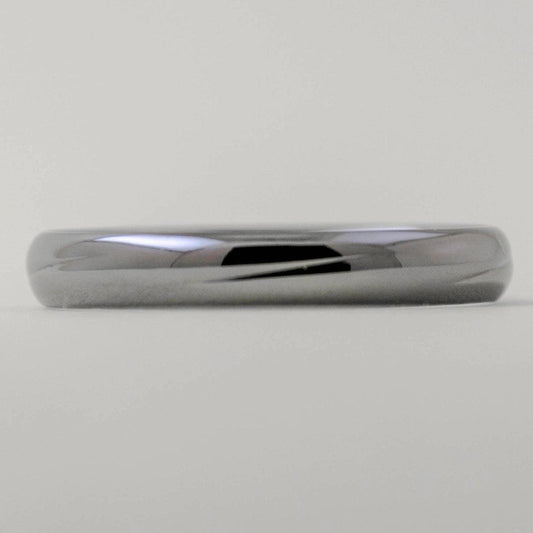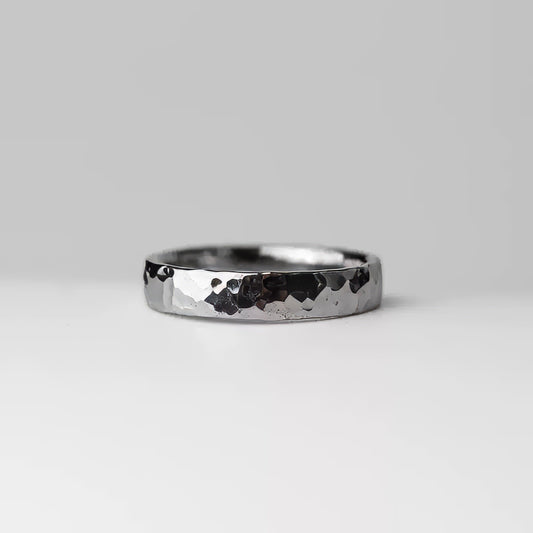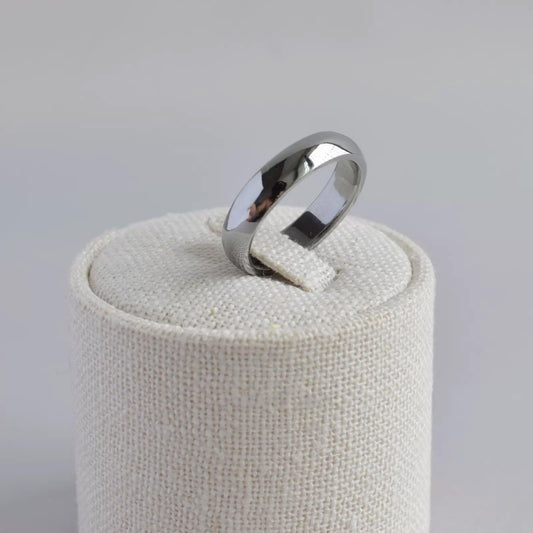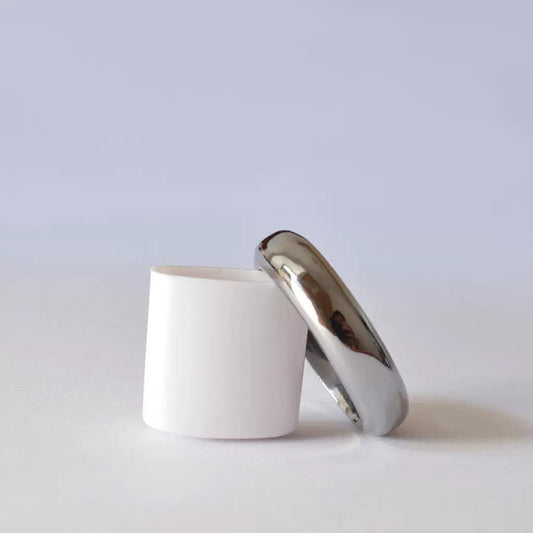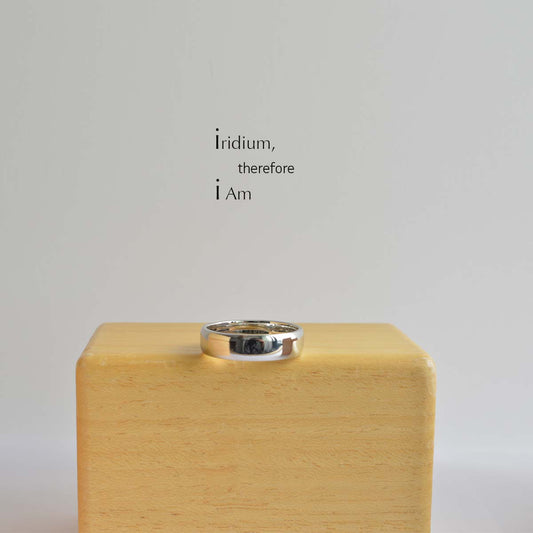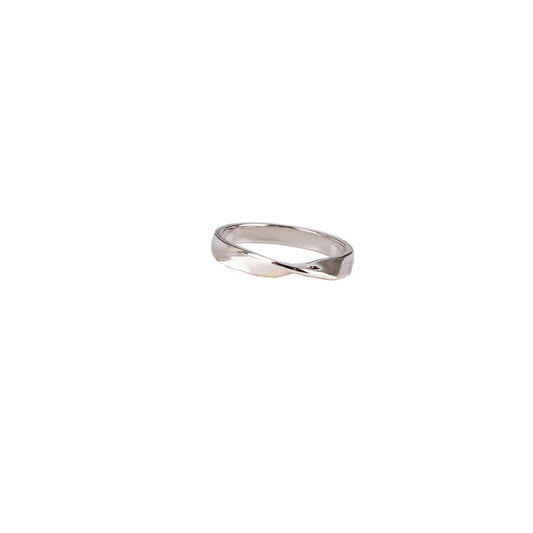Moissanite Stone vs Diamond A Sparkling Dilemma
Moissanite Stone vs Diamond A Sparkling Dilemma
When I was first introduced to moissanite, it wasn't in a bustling jewelry store or through a glitzy advert. Instead, it was during a Saturday brunch with an old college friend. Over avocado toast and endless mimosas, she casually flashed a sparkling ring on her finger. Naturally, I gushed over what I assumed was a diamond—the ultimate symbol of elegance and commitment. But to my surprise, she laughed and mentioned it was actually moissanite. “It's like diamonds’ cooler cousin,” she quipped. That conversation left me intrigued. Was this the jewelry industry's best-kept secret?
Moissanite and diamonds have sparked a dialogue among many jewelry enthusiasts, each gem carrying its own lore, charm, and controversies. Moissanite was discovered by Henri Moissan in 1893, in a meteorite crater, no less. This gemstone, born from the stars, has intrigued many with its celestial origins. In contrast, diamonds boast a storied history on Earth, often synonymous with grandeur, romance, and social status. The cultural weight of diamonds is undeniable. From Hollywood's red carpet to royal engagements, diamonds are a mainstay. Yet, there's a quiet revolution with people opting for moissanite, an alternative that doesn't just mimic sparkle but adds its own fiery brilliance.
Interestingly enough, it’s not just the aesthetics that are at play here. For many, the ethical considerations make moissanite a compelling choice. With rising awareness about the environmental and social downside of diamond mining, moissanite offers a guilt-free sparkle made in lab conditions that ensure sustainability and worker safety. I remember watching a documentary about the diamond industry and feeling conflicted about their beauty versus the stories of hardship they carried. Moissanite provided a sense of relief—a gem that lets one shine without the moral quandary.
Of course, there are the technical details to consider. The brilliance of moissanite is something that even a layperson can't miss. It has a higher refractive index than diamonds, meaning that it often gives off more fire and rainbow-like flashes. For someone like me, who's always been entranced by the play of light through a gemstone, moissanite is mesmerizing. And then there's durability. Although moissanite is second to diamond on the Mohs scale of hardness, it's still incredibly resistant to scratching and damage, making it a practical choice for daily wear.
Yet, not everyone is ready to switch camps. Love for tradition is a powerful thing, and diamonds have long been the hallmark of lifelong promises. For some, the weight of a family heirloom diamond ring is matched only by its emotional heft. But for others, moissanite represents a modern-day fairy tale—an opportunity to sparkle uniquely.
Ultimately, choosing between moissanite and diamond may come down to personal values and aesthetics. I've seen my friend's journey with her moissanite ring grow into her own narrative, one where she proudly tells the story of her star-born stone. So, whether your choice is steeped in tradition or driven by modern sensibilities, both stones offer not just beauty but the potential for a story that's uniquely yours.
